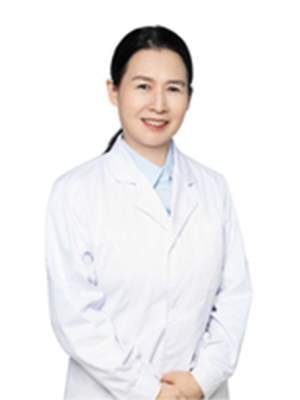What causes a 5-year-old child to drool during sleep?
Under normal circumstances, drooling during sleep in a 5-year-old child may be related to physiological factors, improper sleeping posture, spleen and stomach deficiency, oral ulcers, dental malformations, and other factors. It is recommended that patients receive symptomatic treatment as directed by a physician. Specific analysis is as follows:
1. Physiological Factors
During sleep, if the child's mouth remains mostly closed but there is excess saliva present, drooling may occur. This is considered a normal physiological phenomenon and generally does not require excessive concern or special treatment.
2. Improper Sleeping Posture
Drooling may result from uncomfortable sleeping positions, such as sleeping with the head resting on a table or lying on one side. Adjusting the child's sleeping posture can help alleviate this condition.
3. Spleen and Stomach Deficiency
If a child has weak spleen and stomach function, it may impair the body’s normal metabolism of fluids, leading to symptoms such as drooling. It is recommended to take medications such as Xingpi Yang'er Granules or Shenling Baizhu Powder under medical guidance. Acupuncture may also be used as a treatment option.
4. Oral Ulcers
Oral ulcers may stimulate the salivary glands, increasing saliva production and resulting in drooling. Treatment options include using Guilin Watermelon Frost or Bingbor Powder as directed by a doctor, or rinsing the mouth with saline solution.
5. Dental Malocclusion
Children with protrusive dental malocclusion often have noticeably protruding front teeth and a tendency to show teeth while lips are open. During sleep, the lips may not fully cover the front teeth, naturally remaining slightly parted, which makes drooling more likely. Such children should seek orthodontic correction as soon as possible.
In addition, drooling may also be associated with conditions such as facial nerve paralysis or cerebral palsy. It is recommended that children experiencing persistent drooling seek timely medical evaluation to determine the underlying cause and receive appropriate treatment under medical supervision.







